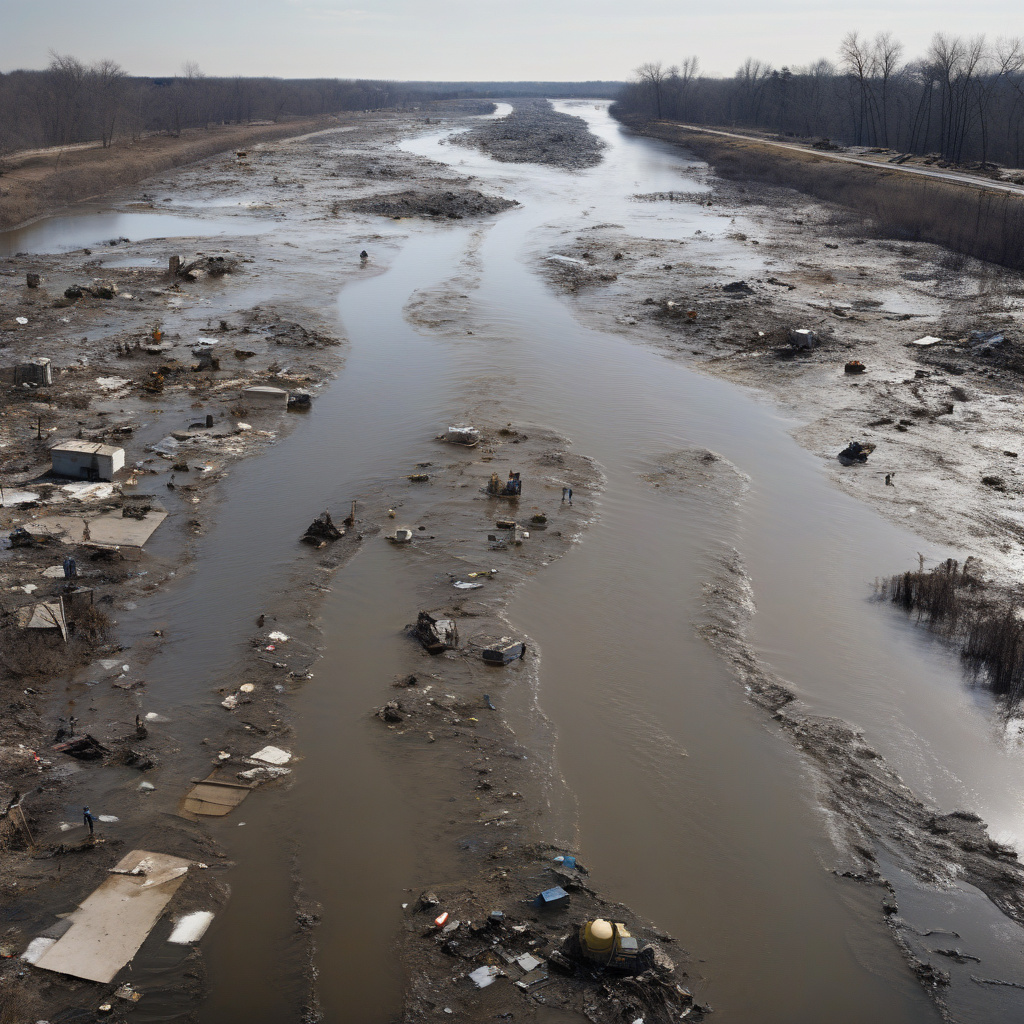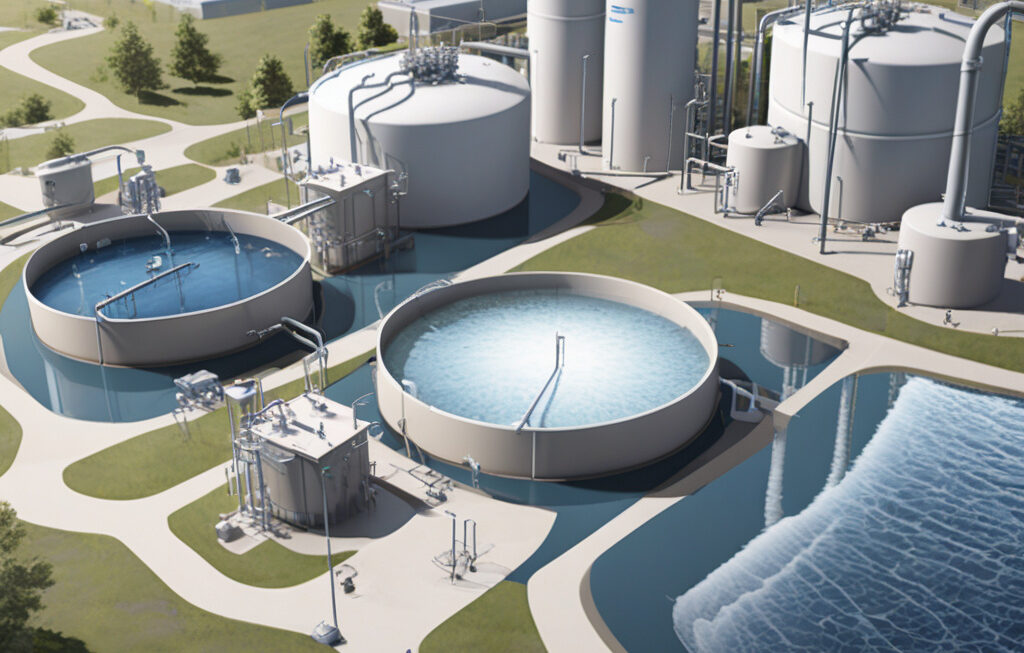Understanding PFAS: A Global Challenge with Local Solutions
Per- and polyfluoroalkyl substances (PFAS) have emerged as a pressing global concern due to their persistence in the environment and potential health risks. The Global Impact Coalition has identified key considerations for addressing the presence of PFAS in industrial water systems, emphasizing the need for local solutions to combat this widespread issue.
PFAS are a group of man-made chemicals that have been used in a variety of consumer products and industrial applications for decades. These substances are highly resistant to degradation, earning them the nickname “forever chemicals.” PFAS have been linked to adverse health effects, including cancer, immune system disorders, and developmental issues.
The widespread use of PFAS has led to contamination of water sources around the world, posing a significant challenge for communities and industries alike. As awareness of the environmental and health risks associated with PFAS continues to grow, there is a growing need for effective strategies to address this issue.
The Global Impact Coalition has highlighted the importance of local solutions in tackling the problem of PFAS contamination. By engaging with communities, industries, and policymakers at the local level, it is possible to develop tailored approaches that take into account the specific challenges and opportunities present in each region.
One key consideration outlined by the Global Impact Coalition is the need for improved monitoring and testing of water sources for the presence of PFAS. By implementing robust monitoring programs, communities can better understand the extent of contamination and take appropriate action to address it.
In addition to monitoring, the coalition emphasizes the importance of implementing advanced water treatment technologies to remove PFAS from industrial water systems. Technologies such as granular activated carbon filtration and ion exchange have shown promise in effectively removing PFAS from contaminated water sources.
Furthermore, the Global Impact Coalition underscores the importance of collaboration between stakeholders to address the issue of PFAS contamination. By bringing together industry experts, policymakers, and community members, it is possible to develop comprehensive strategies that leverage the collective expertise and resources of all parties involved.
Local solutions to the global challenge of PFAS contamination are essential for effectively addressing this complex issue. By implementing robust monitoring programs, deploying advanced water treatment technologies, and fostering collaboration between stakeholders, communities can work towards mitigating the impact of PFAS on the environment and public health.
In conclusion, the destruction of PFAS in industrial water systems requires a concerted effort from all stakeholders involved. By prioritizing local solutions and taking proactive steps to address contamination, communities can make significant progress towards mitigating the risks associated with PFAS exposure.
#PFAS #GlobalChallenge #LocalSolutions #WaterContamination #HealthRisks












